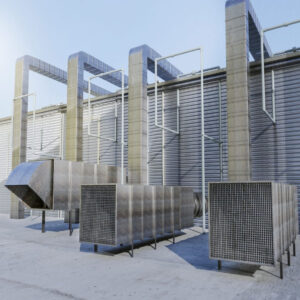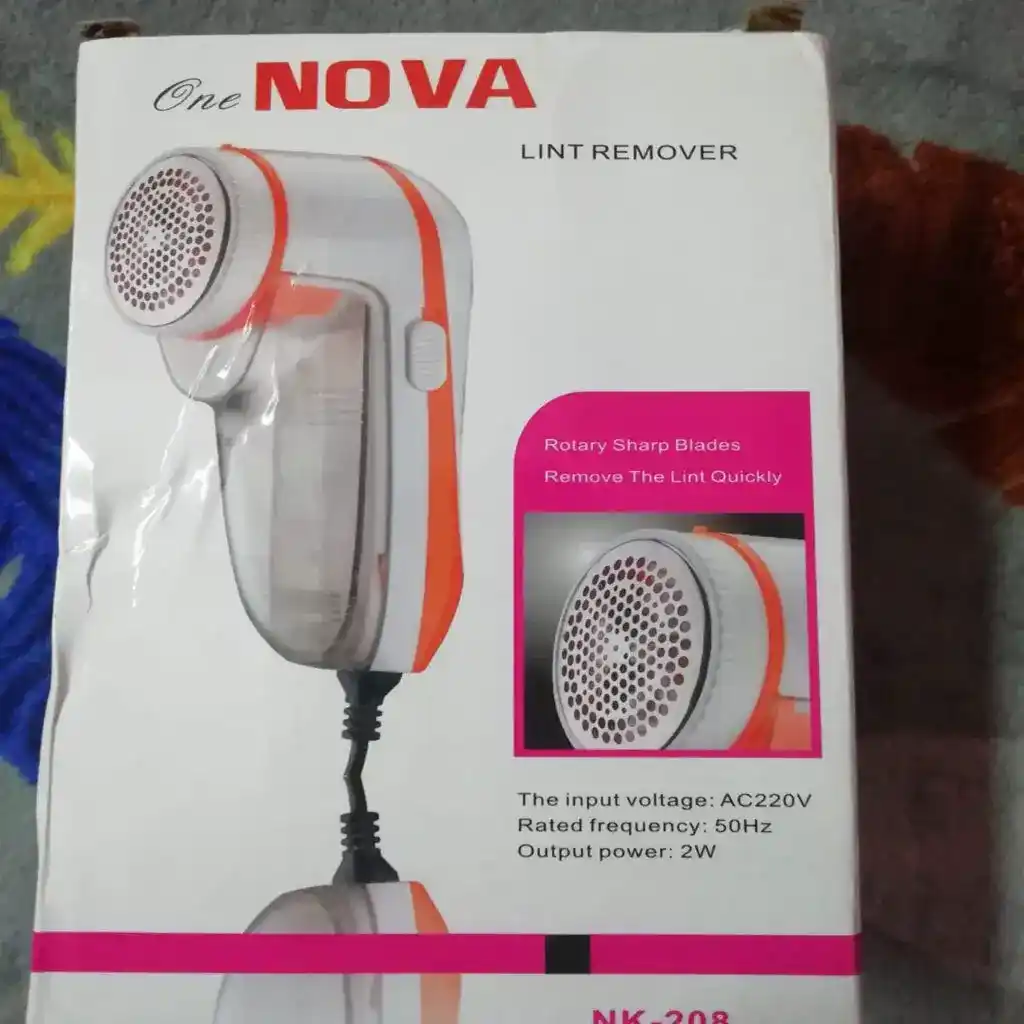Table of Contents
ToggleIs an Air Conditioner a Dehumidifier?
For many years, it is a subject of debate as an air conditioner and a dehumidifier. Is it good to invest in an air conditioner to get rid of humidity in the summer? If these all are your questions, then keep reading this blog. I will explain everything about whether to buy an air conditioner or a dehumidifier to get rid of humidity.
- The answer to these all questions is a big yes. An air conditioner can be used as a dehumidifier. If you are dealing with a high humidity level in your space, then you need to install a dehumidifier. It will ensure you comfortable days in summer.
- However, it is not the most cost-effective way to dehumidify the air using an air conditioner. You will spend a lot of money to cool down your home and bring down the moisture level. To control the humidity, you need to lower the temperature of an air conditioner to feel comfortable. It will raise your electricity bill.
Primary Differences between AC and Dehumidifier
- A Brief Comparison While air conditioners and dehumidifiers share some similarities in their ability to reduce humidity, they are designed with different primary purposes in mind. Both dehumidifiers and air conditioners are very similar in the way they operate. They extract the humidity from the room and cool it down by condensing the air over cold coils which will turn to liquid form. This liquid is reheated and it results in warm air. It removes the humidity. An air conditioner removes the air from the room whereas a dehumidifier expels the dry air back into the room.
- Dehumidifier can increase the temperature in the room by some degrees because it transfers the heat. It is dependent on how long did dehumidifier is working and the size of the room.
- The main difference between a dehumidifier and an air conditioner is that dehumidifiers only extract moisture from the air and increase comfort. Whereas an air conditioner removes the excessive moisture from the air to provide the desired comfort.
- Air Conditioner
The Cooling Specialist Air conditioners are primarily intended to cool the air and regulate temperature. They work by removing heat from the indoor environment and circulating cool air. As a byproduct of the cooling process, air conditioners also extract some moisture from the air, reducing the humidity levels. However, it’s important to note that the dehumidification capabilities of an air conditioner are limited compared to a dedicated dehumidifier.
- Dehumidifier
The Moisture Manager Dehumidifiers, on the other hand, are specifically designed to address high humidity levels. They focus on reducing moisture in the air, effectively controlling indoor humidity. Dehumidifiers use various mechanisms, such as refrigeration or absorption, to remove excess moisture from the air, helping to prevent issues like mold growth, musty odors, and damage to belongings.
Which is a better option?
A dehumidifier can be used when the ambient temperature is not too hot. Because dehumidifiers remove the humidity and add warmth to the air. This is one of the cost-effective alternatives to air conditioners. On the other hand, if the weather is too hot, only then an air conditioner is capable to provide relief from Heat and dehumidifier the air back into the room.
- In the rainy season or cooler days, a dehumidifier is the greatest solution to remove the dampness from the air. In any home which has limited natural ventilation, a dehumidifier can be used very effectively.
However, you can use a dehumidifier and air conditioner to remove humidity from the room or home very effectively.
Be careful
What does your humidifier use hot and cold coils? The room air is sucked into the dehumidifier and passed through the cold coil. It causes condensation. Then the air is passed over the hot coil and restoring the room temperature. The air conditioner only has cold coils. Cooler. You do not need to use both the air conditioner and dehumidifier at the same time.
1. Cooling mode
An air conditioner can indeed do a humidifier while operating in cooling mode. It will remove the moisture from the room.
2. Heating mode
When an air conditioner is working in a heating mode, it does not provide dehumidification.
Which one to opt Dehumidifier or an Air Conditioner?
Whenever it comes to choosing any one appliance from both, it becomes a dilemma. And air conditioner provider Superior Cooling. It is capable to remove the extra moisture while working in the cooling mode but not in heating mode. This depends heavily on your personal preferences, your budget, home location, and the type of home,
let us discuss these all considerations one by one.
- Personal choice
Everyone has their personal choices for room Environmental. Some people love to have a regulated temperature, while many others love to have a reduction in humidity in the air. Humidity is remain a source of discomfort. So choose wisely as for your requirements.
- Budget
Whatever we have researched for appliances, at the end of the day the biggest deciding factor is the budget. Any air conditioner has much more cost while purchasing and have an extra installation cost as well. On the other hand, for dehumidifier does not have any installation requirement or cost as it is portable and plug-and-play. It cost you less while buying it. But keep in mind that a dehumidifier is not capable to provide you with the same Cooling as an air conditioner does.
- Location
As We Know, if you have a large body of water nearby your location and then the humidity leveler can be very high. In these conditions, an air conditioner is not enough to remove the moisture from the air to maintain the comforter. In these situations, you just need a dehumidifier to maintain the humidity.
- Humidity levels
Assess the humidity levels in your home or the area you want to target. If you primarily experience high humidity levels, a dehumidifier may be the more suitable choice as it is designed specifically to remove excess moisture from the air. On the other hand, if you live in a region with both high humidity and high temperatures, an air conditioner can provide both cooling and dehumidification benefits.
- Temperature control
Consider your cooling needs. If you’re primarily concerned about temperature control and maintaining a comfortable indoor environment, an air conditioner is designed to cool the air and regulate temperature effectively. It can remove some moisture from the air as a byproduct of the cooling process but may not be as efficient as a dedicated dehumidifier at reducing humidity levels.
- Energy efficiency
- Energy efficiency
Evaluate your energy consumption concerns. Air conditioners generally consume more energy compared to dehumidifiers, as they need to cool the air and maintain desired temperatures. If humidity control is your primary concern, and you want to minimize energy consumption, a dehumidifier may be a more energy-efficient option.
- Multi-purpose functionality
Determine whether you need cooling and dehumidification simultaneously. If you live in an area with both high humidity and high temperatures, an air conditioner can provide the dual benefit of cooling and dehumidification. It can help maintain a comfortable indoor environment by removing excess moisture and lowering the temperature.
- Space considerations
Evaluate the size and area you want to target for humidity control. Dehumidifiers are available in various sizes and capacities, suitable for small rooms to larger spaces. Air conditioners are typically designed for cooling larger areas. If you only need to dehumidify a specific room or area, a smaller dehumidifier might suffice, whereas an air conditioner can cool multiple rooms.
Advantages of Dehumidifier
Dehumidifier has several advantages whenever it comes to controlling the indoor humidity level. Here I mentioned some of the main Advantages of Dehumidifier:
- Prevents mold and mildew growth
High humidity levels create a favorable environment for mold and mildew to thrive. Dehumidifiers help reduce moisture in the air, inhibiting the growth of these harmful microorganisms. This is particularly important for people with allergies or respiratory issues, as mold and mildew can exacerbate their symptoms.
- Reduces musty odors
Excess moisture in the air can lead to musty and unpleasant odors in enclosed spaces such as basements, bathrooms, or laundry rooms. Dehumidifiers can effectively eliminate these odors by removing the excess moisture from the air.
- Protects belongings
High humidity levels can damage your belongings, including furniture, clothing, electronics, books, and important documents. By maintaining optimal humidity levels, dehumidifiers help protect these items from moisture-related issues like warping, mold growth, or deterioration.
- Improves indoor air quality
Dehumidifiers not only reduce humidity but also help filter the air. Many dehumidifiers come with built-in air filters that can capture dust, allergens, and other particles, enhancing the overall indoor air quality.
- Enhances comfort
High humidity can make the air feel sticky and uncomfortable. Dehumidifiers remove excess moisture from the air, creating a more comfortable living environment, especially during hot and humid seasons.
- Reduces energy costs
High humidity levels can make your home feel warmer than it is, leading to increased reliance on air conditioning. By reducing humidity, dehumidifiers can make your space feel cooler and allow you to set your thermostat at a higher temperature, thus saving energy and reducing your utility bills.
- Helps prevent condensation
- Helps prevent condensation
Condensation can occur when warm air comes into contact with cooler surfaces like windows or walls. By reducing the moisture content in the air, dehumidifiers minimize condensation, helping to prevent issues like water damage, peeling paint, or warped wood.
- Portable
- Portable
Dehumidifier is a portable appliance that can be easily moved from one place to another, allowing you to target specific areas or rooms where excess humidity is a concern.
- Portable dehumidifiers typically come with wheels or handle for convenient mobility. They are often used in residential settings, such as bedrooms, living rooms, basements, bathrooms, or laundry rooms, where temporary or localized dehumidification is needed.
- These portable units are compact and come in various sizes and capacities to suit different needs. They usually have a water collection bucket that needs to be emptied periodically or may offer continuous drainage options to eliminate the need for manual emptying.
Disadvantages of the Dehumidifier
As we mention in the above section, the dehumidifier has several advantages. But there are a few Disadvantages of the Dehumidifier to consider. Let us discuss one by one:
- Energy consumption
- Energy consumption
Dehumidifiers require energy to operate, and depending on the size and type of dehumidifier, they can consume a significant amount of electricity. This can result in increased energy costs, especially if the dehumidifier is used for extended periods or in larger spaces.
- Noise levels
Dehumidifiers, particularly older models or those with powerful fans, can produce noise during operation. The noise level can vary depending on the specific unit, and while many modern dehumidifiers are designed to operate quietly, some people may find the noise disruptive, especially if the dehumidifier is used in living areas or bedrooms.
- Regular maintenance
- Regular maintenance
Dehumidifiers require regular maintenance to ensure optimal performance. This includes cleaning the air filters, emptying the water collection bucket or draining the unit, and periodic inspections for any issues. Failure to maintain the dehumidifier properly can lead to reduced efficiency, increased energy consumption, or potential malfunctions.
- Initial cost and investment
Dehumidifiers can vary in price depending on the brand, capacity, and features. Higher-capacity or more advanced dehumidifiers can be relatively expensive, which may deter some individuals from purchasing them. Additionally, if you require multiple dehumidifiers for different areas of your home, the overall cost can increase further.
- Specific application
- Specific application
Dehumidifiers are most commonly used in areas with high humidity or moisture issues, such as basements or bathrooms. If you live in a region with a relatively low humidity level, investing in a dehumidifier may not be necessary, as it may not provide significant benefits or cost-effectiveness.
- Safety considerations
- Safety considerations
Dehumidifiers that use water collection buckets need to be emptied regularly to avoid overflow and potential water damage. If the dehumidifier is not properly maintained or monitored, there is a risk of water leakage or spills, which can be hazardous and cause property damage.
Disclosure: Some of the links below are affiliate links. This means that, at zero cost to you, I will earn an affiliate commission if you click through the link and finalize a purchase.
List of One of the Best Pick for Dehumidifier
- Color: White
- Brand: Origin
- Suitable For: Room
- Portable: Yes
Check NOW!!
- Brand: ABSORBIA
- Color: White
- Water Tank capacity: 12L
- Type: Room
Check NOW!!
- Capacity: 350 Sq. Ft
- Type: Room
- Color: White
- Portable: Yes
Check NOW!!
- Area: 9 Feet
- Brand: Origin
- Type: Room
- Color: White
Check NOW!!
Key Differences between Air Conditioners and Dehumidifiers
There are many Differences between Air Conditioners and Dehumidifiers.
- Purpose
- Purpose
Air conditioners are primarily designed for cooling and temperature regulation, with some dehumidification capabilities. Dehumidifiers, on the other hand, are dedicated appliances designed specifically to remove excess moisture from the air.
- Efficiency
While air conditioners can extract some moisture, dehumidifiers are generally more efficient at reducing humidity levels. Dehumidifiers are equipped with moisture sensors and mechanisms optimized for effective dehumidification, allowing for precise control over humidity.
- Control
- Control
Air conditioners typically have temperature controls and settings that allow you to adjust cooling levels, while dehumidifiers focus on humidity control with adjustable humidity settings.
- Area Coverage
- Area Coverage
Air conditioners are designed to cool larger areas or entire rooms, while dehumidifiers are available in various sizes, including portable models, which allow for targeted humidity control in specific areas or rooms.
- While there are distinct differences between air conditioners and dehumidifiers, it’s important to note that they can work together to create an optimal indoor environment. In areas with both high humidity and high temperatures, using an air conditioner alongside a dehumidifier can provide the dual benefits of cooling and moisture reduction.
- By combining the cooling capabilities of an air conditioner with the dehumidification prowess of a dedicated dehumidifier, you can create a comfortable and healthy living space. The air conditioner cools the air while removing some moisture, and the dehumidifier takes care of excess humidity, preventing issues like mold growth, musty odors, and damage to belongings.
Conclusion
While there are similarities in terms of moisture removal, it’s important to recognize that an air conditioner is not a direct substitute for a dehumidifier. Air conditioners primarily focus on cooling, with limited dehumidification capabilities, whereas dehumidifiers are designed specifically to address excess moisture in the air.
- To effectively manage indoor humidity, especially in areas with high humidity levels, using a dedicated dehumidifier alongside an air conditioner is often the best approach. By understanding the differences and utilizing the strengths of each appliance.
Read my other blog here.











